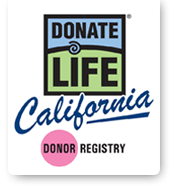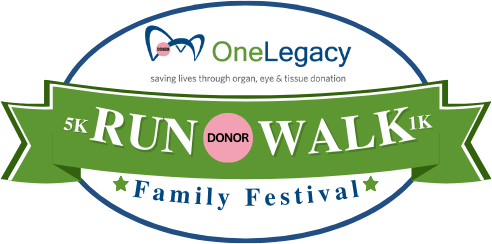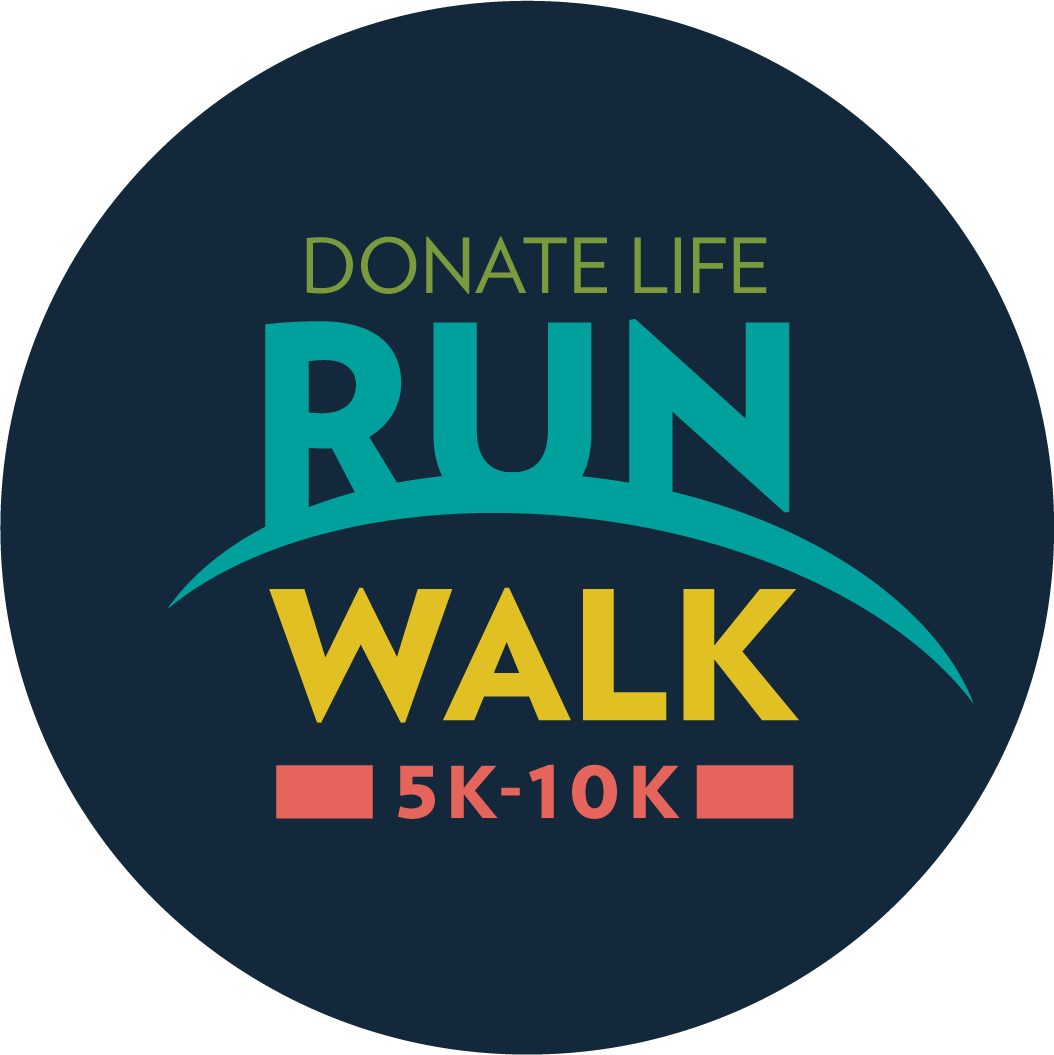Donate Life California Kicks Off National Donate Life Month with Statewide Launch of High School Education Program
SACRAMENTO, Calif., April 4, 2011 – Donate Life California (DLC), which administers the organ and tissue donor registry in California, announced today the launch of its first educational program geared at helping high school students make informed decisions about signing up to become organ and tissue donors when applying for their first driver licenses. The launch coincides with National Donate Life Month, which was established in 2003 to encourage and educate Americans throughout the month of April about the importance of becoming organ and tissue donors.
As with young drivers in other states, California teenagers obtaining their first driver licenses are presented with the question, “Do you wish to register to be an organ and tissue donor?” To ensure students have the knowledge they need to make an informed decision, DLC has produced an 11-minute educational video and accompanying teachers’ guide suitable for use in high school classrooms. The video, titled “Your Decision to Donate,” features California high school students who have either received a transplant, are on the waiting list, or have had a family member become a donor.
“Most of the information that teenagers now receive about organ and tissue donation is from dramatic TV shows that too often advance plotlines at the cost of accuracy,” said Lisa Stocks, president of DLC. “Our educational materials have been developed in an effort to give teenagers accurate information so they can make a confident decision about their opportunity to save lives as registered donors.”
According to DLC data, young drivers (between the ages of 15 and 19) have been less likely to register as organ and tissue donors than those 20 to 49. Clerks at the California Department of Motor Vehicles (DMV) report uncertainty or fear about the donation process among teenagers and their parents when it comes to the donation question on the driver license application. In a statewide telephone survey, 84 percent of self-identified organ donors and 63 percent of non-donors supported organ donation instruction in high schools, with 47 percent strongly in support.
In keeping with the goal of preparing students to make informed donation decisions, DLC is sponsoring state Assembly Bill (AB) 1118 (John A. Pérez), which would require 15 minutes of donation education in high school science or health classes. In addition, DLC has entered a partnership with the Driving School Association of California, which will institute the DVD and Educator Resource Guide in all classes conducted by member driving schools.
DLC has developed these educational tools at no cost to the state, and with generous contributions from the Kaiser Foundation, Astellas Pharma US, Inc., the Donate Life Run/Walk Committee, the Donor Network West ’s 2010 NKF U.S. Transplant Game team (Team NorCal) and Employees Community Fund of Boeing. The instructional materials are available to schools at no charge.
California has the largest state donor registry in the country with more than eight million designated donors. But it also has the largest waiting list with more than 21,000 transplant candidates. Californians lag behind most of the nation when offered the opportunity to register. Of the 26 million licensed drivers and ID holders, only 30 percent have signed up to be organ and tissue donors. In 2010, only 27.4 percent of DMV customers checked ‘Yes’ on their forms to register as donors.
Despite the state’s lower donor registration rates, the Donate Life California Organ & Tissue Donor Registry plays an increasingly essential role in saving and healing Californians in need of organ and tissue transplants. In 2010, one in four recovered organ donors and one in four recovered tissue donors were registered donors. Since the registry was founded in April 2005, donors who had registered prior to death have saved more than 1,300 lives through organ donation and healed more than 75,000 through cornea and tissue donation.
High concentration of Azithromycin in infected tissues is also caused by the fact that phagocytes and macrophages transport it to the site of infection and release in the area of inflammation. Azithromycin is prescribed in case of illness or injury at the time.









